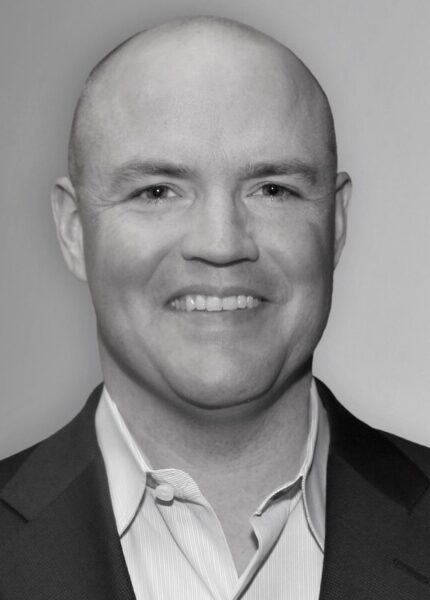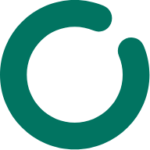Precision Medicine
Your health data informs better outcomes
Precision Medicine and Precision Health are transforming healthcare. We want to inspire you to participate, since sharing your experience in a way that protects your privacy is essential for building the awareness required for precision technologies to fully mature.
Sharing your data is good—let’s mitigate the risks
Our healthcare system collects massive amounts of data—data that has already been transformed into beneficial information about environmental dangers, healthy diets and lifestyles, and the spread of infectious disease. Information technologies are poised to go much further, potentially converting lethal cancers into manageable, chronic conditions, resolving subtle genetic combinations that affect how diseases vary even within families, and opening up new frontiers for targeted medicines that have minimal side effects.
How do you manage the risk of losing privacy against the increasing demand to use your data to improve our collective biomedical science and healthcare knowledge? We believe the answer lies in transparency and trust. We are working on projects that allow you to see how your data are used, and to know where you should expect limits and protection in order to rebuild and enhance the public trust in a data-driven, learning healthcare system.
Our Work - Facilitating Precision Medicine
We strive to bring ethics into early discussions about new medical technologies, to emphasize the need for transparency about how data are collected and used so that people can make informed decisions about how to participate with enthusiasm instead of anxiety.
View All Articles & EventsTranslating science, managing technology, and encouraging ethics to create a safer and more effective world.
We're focused on the ethical implications of Precision Medicine
Cordell PerspectivesCheck out our perspectives
We discuss the ways human information data is used to make medical advancements in a way that protects our personal information.

 Jonathan W. Heusel
Jonathan W. Heusel




